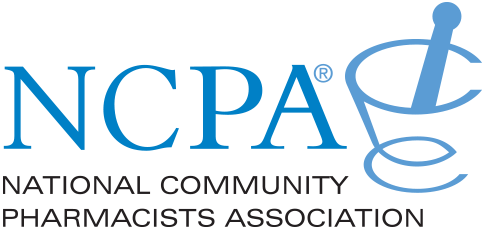
New FTC Report on PBMs Shows Wild Profiteering and Self-Dealing, Underscores Urgency of PBM Reform

Key Takeaways
- The Big 3 PBMs control 44% of the specialty generic market, marking up 72% of drugs over $1,000 per prescription.
- PBMs allegedly steer prescriptions to affiliated pharmacies, limiting patient choice and disrupting care.
Investigation finds massive middlemen significantly hike patient costs for lifesaving drugs, skim billions for themselves, and reimburse their own pharmacies more than their competitors.
The National Community Pharmacists Association issued a statement from CEO B. Douglas Hoey, pharmacist, MBA, after the Federal Trade Commission today published a second interim staff report on the prescription drug middleman industry. This report focuses on
Hoey said, “While the Big 3 have consolidated and vertically integrated over the years, they increasingly declare expensive medications to be ‘specialty’ to steer patients to a PBM-affiliated specialty pharmacy to the tune of $7.3 billion above the drug cost. They crush their competition by reimbursing their own pharmacies as much as 100 percent more than they reimburse independent pharmacies for the same drug, or more. This exploitative behavior is bad for taxpayers who subsidize Medicare prescription coverage but the FTC report found that commercial employers are getting hosed even worse. It’s no wonder employees are questioning why their employers are listening to insurance brokers who often recommend one of the giant PBMs.
“Patients would be well served if these so-called specialty drugs were able to be dispensed by their preferred community pharmacy. Instead, however, for the PBMs’ financial gain, patients’ choice is oftentimes limited to PBM-owned mail-order pharmacies and their care is unfortunately disrupted. This is just the latest obvious signal to policymakers that they must pass PBM reform that would include paying for prescriptions based on the cost of the drug plus a transparent pharmacist professional dispensing fee. PBM reform legislation would save taxpayers $5 billion. Legislation that would do just those things was nearly passed last month. Congressional leaders should see this second interim report as an imperative to action.”
This second interim staff report on PBMs builds on the FTC’s first report, which was
Newsletter
Stay informed on drug updates, treatment guidelines, and pharmacy practice trends—subscribe to Pharmacy Times for weekly clinical insights.





















